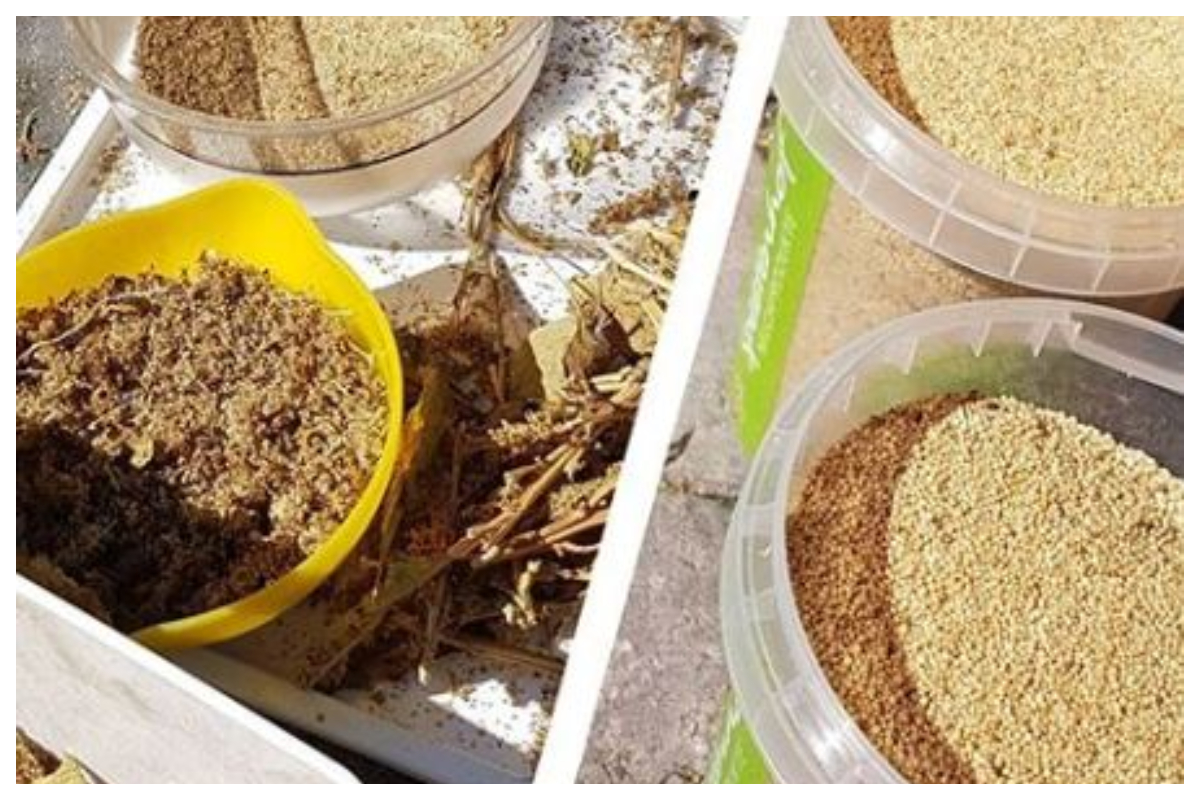In today’s world, most of our foods are full of gluten. Our body systems are in desperate need to get some relief from these foods. It requires to indulge in healthy food habits which can provide complete nourishment. Choosing right food ingredients for your body is quite crucial for healthy living. Although there are plenty of edible grains on this mother earth. However, all are not created the same. Amaranth is an ancient, protein-packed tiny poppy seed-size grain that can be roasted, popped, boiled or added to other food ingredients making it a versatile pantry item.
Amaranth is probably the most popular cereal having the highest amount of protein. Besides protein, it contains a good amount of fibre, vitamins and minerals too.
Advertisement
Amaranth is a food with many health doles. They include:
Powerhouse of antioxidants: Amaranth is a rich source of essential vitamins including vitamin A, C, E, K, B5, B6, folate, niacin and riboflavin. All these act as antioxidants and benefit the body in many ways.
Boosts immunity: Being loaded with health-promoting antioxidants, amaranth helps in boosting immunity.
Good for diabetics: Because amaranth is a complete protein, the glucose it contains is absorbed into the bloodstream at a much slower rate than that of whole grains.
Boosts energy: Being a very rich source of minerals like calcium, magnesium, copper, zinc, potassium and phosphorus, amaranth helps boost energy and aids hydration.
Aids digestive health: This gentle yet nutritious food is great for people with digestive issues.
Strengthens bone and teeth health: Amaranth is a rich source of calcium and phosphorus. Thus it helps build strong teeth and bones.
Good for heart health: The oils and phytosterols present in amaranth help lower cholesterol, both LDL and triglycerides. The phytonutrients in amaranth help tackle blood pressure. This seed is indeed an all-round good food for heart health.
Amaranth is available in food stores in the form of grain as well as flour. It has a slightly sweet nutty flavour. Due to its gelatinous quality, it can be added to soups and stews to thicken them. You can also pop the tiny grains like popcorns in a hot covered skillet. The malty flavour of its flour works well with both sweet and savoury dishes. You can use it in combination too. The spinach-like leaves of amaranth plant are also edible.
Use amaranth in your daily diet as a highly nutritious and delicate gluten-free food. It will keep you satiated and make you feel stable for hours.











